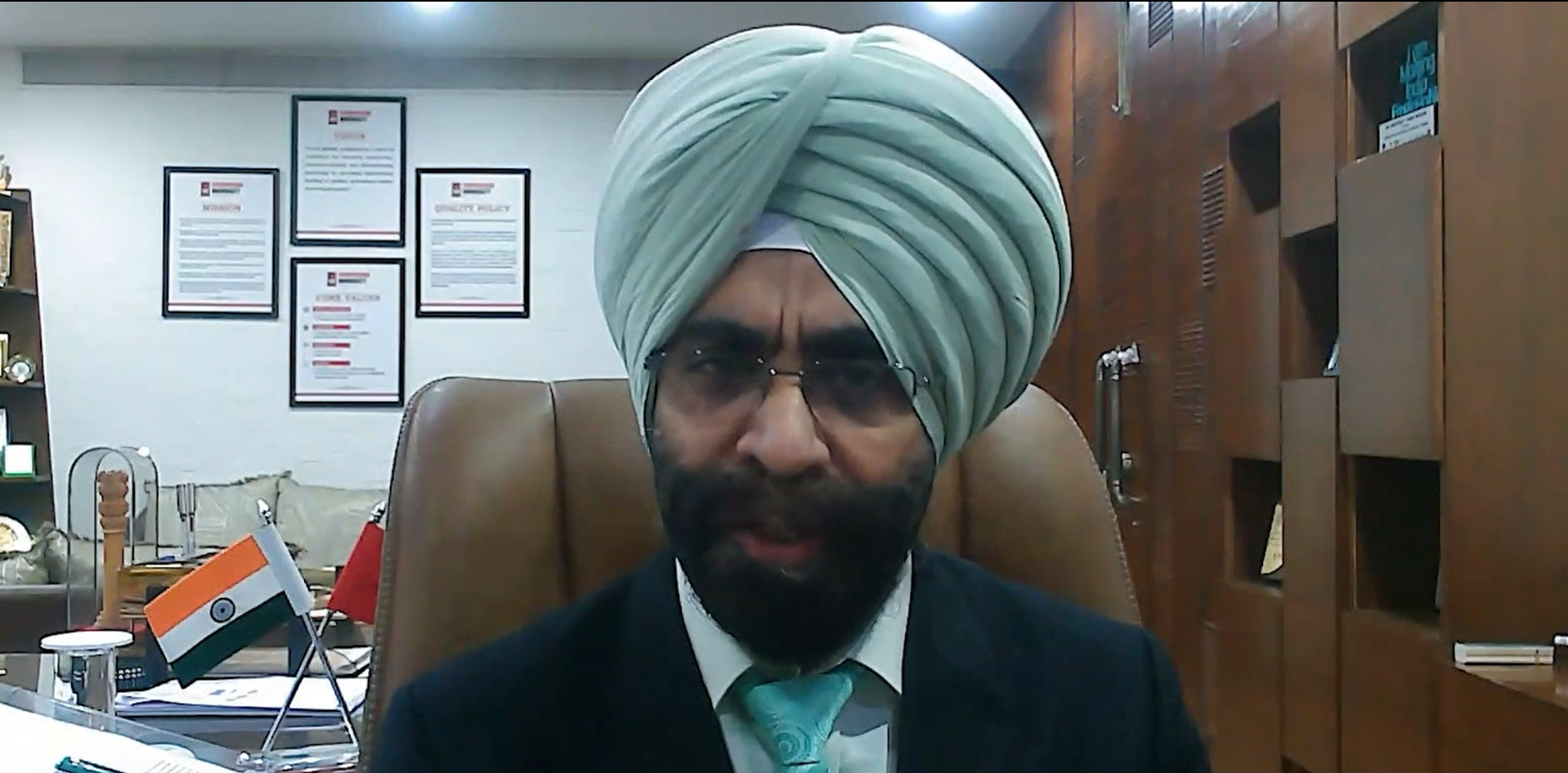Insights from BSI’s Future Learning Podcast
Technology is rapidly transforming industries, making future-ready skills essential. Higher education institutions must evolve to prepare students for the workforce. Chandigarh University in India is taking a forward-thinking approach. It integrates artificial intelligence (AI), cybersecurity, and Industry 4.0 into its curriculum. This strategy ensures graduates remain globally competitive.
This article summarises the key points from BSI Group CEO Simon Dewar’s discussion on with BSI Learning Institute CEO Kala Philip, CEO of Cyprinoid Solutions Dr Russell Joshua and Vice Chancellor of Chandigarh University in Mohali, India Prof. Manpreet Singh Manna.
This is the fifth video in our series on Transnational Education, where we discuss the importance of global education in skilling for the future, and its importance to Australia.
Industry Collaboration: The Key to Future-Ready Graduates
One of Chandigarh University’s standout strategies is its strong focus on industry partnerships. With over 100 industry collaborations—including Microsoft, Cisco, IBM, and Intel—students gain hands-on experience with the latest technologies. "We are not even asking them to invest; we say, ‘Please share your technology and your knowledge with us, and we will invest in that,’" explains Professor Manpreet Singh Manna, Vice Chancellor of Chandigarh University.
By working with real-world prototypes and live projects, students develop the skills they need to transition smoothly into the workforce. This model ensures that graduates are not just academically qualified but also industry-ready.
AI-Enabled Education: A First for India
Chandigarh University is pioneering India’s first AI-enabled institution in Uttar Pradesh. It is transforming education by aligning every academic program with artificial intelligence and emerging technologies.
Students across various disciplines benefit from this approach. Fields such as agriculture, legal studies, biotechnology, and pharmaceutical sciences now include cutting-edge knowledge.
"For today's learners who aspire to study abroad, we must provide the same level of content and delivery in India," says Prof. Manna. With 65 nationalities represented on campus and 60% of students seeking international opportunities, the university is bridging the gap between international education and accessibility.
Learning from Global Leaders
Another key aspect of transnational education at Chandigarh University is its integration of insights from global experts and Nobel laureates. "Every year, we invite a Nobel laureate to share their knowledge. But it doesn’t stop there—we ensure their insights are transformed into curriculum updates, shaping the education of future students," Prof. Manna explains.
This commitment to continuous curriculum enhancement ensures that students are learning not just from textbooks but from the pioneers shaping the future.
A Truly Global Education Experience
Chandigarh University designs its vocational and higher education programs to be globally relevant. It strongly emphasises internships and global exchange programs.
Students gain international exposure without the financial and logistical challenges of studying abroad. This approach makes global learning more accessible.
By combining cutting-edge technology with industry expertise, Chandigarh University is setting a new benchmark for global education. As AI, cybersecurity, and Industry 4.0 reshape the workforce, the university is leading the way in preparing students for a rapidly evolving world.
Watch the full podcast episode on Apple or Spotify.
Thank you for tuning in!
